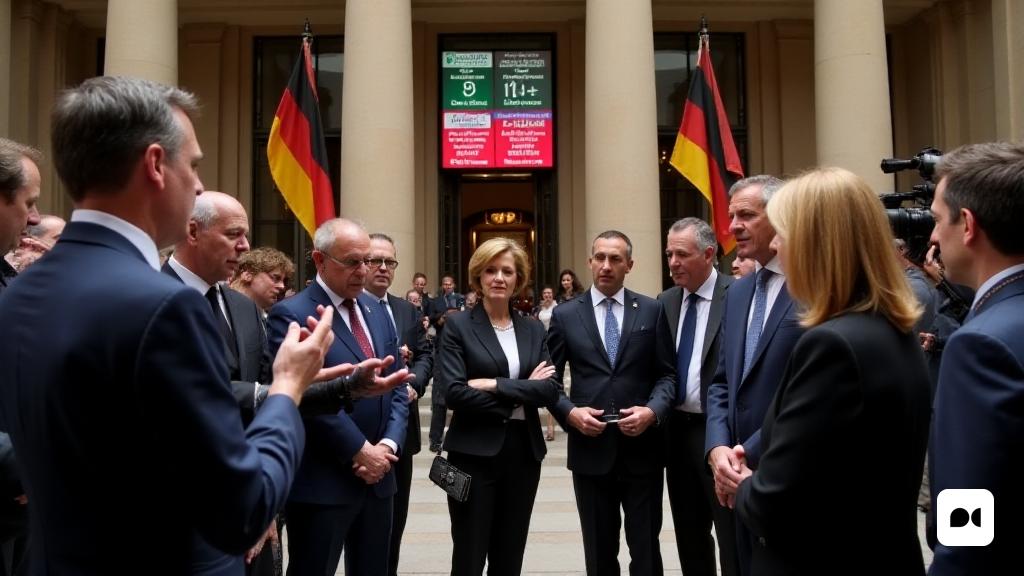An unexpected turn in German politics
In December 2024 he will mark a before and after in German politics, with the loss of the Chancellor Olaf Scholz’s confidence motion, which happened only one month after the collapse of his coalition. This alliance, known as the ‘traffic light coalition’, was composed of the Social Democratic Party (SPD), the Free Democratic Party (FDP) and the Greens (Bündis 90/Die Grünen). The ideological tensions between Chancellor and Christian Lindner, FDP leader, were unsustainable.
Early elections and a new scenario
The federal elections have advanced six months, with a context marked by controversial events, such as Elon Musk’s support for the alternative far -right by Germany (AFD). At a historical moment, the number of chancellor candidates has reached eight, and the election participation has been the highest since 1990, with 84% voters.
The operation of the German electoral system
The German electoral system, similar to other parliamentary countries, allows voters to cast two votes: one for a local candidate and one for a federal party. This structure implies that the chancellor’s investiture depends on the Bundestag deputies, not a direct vote for the figure of the chief executive.
The CDU/CSU and the question of coalition
With 28.5% of the vote, the CDU/CSU has been proclaimed the winner of the election, but the lack of an absolute majority forces its leader, Friedrich Merz, to seek alliances. Coalition options are complicated as the AFD far -right party has won 20.8% of the vote, but most parties have refused to collaborate with them.
The Difficulties of the CDU/CSU
The CDU/CSU needs allies, but the FDP has not won the Bundestag seat. At the same time, collaboration with the Greens and the SPD, which has won 16.4% of the vote, would involve long negotiations. Divergences on key issues such as immigration will complicate dialogues, as the CDU has adopted more extreme positions.
The impact of the AfD and the future of democracy
The AFD’s rise, led by Alice Weidel, has generated concern. His strategy includes taking advantage of his identity to counteract criticism, and Merz’s promise of not forming a coalition with them will be tested. His proposal to work with AFD has caused outrage, including negative reactions between CDU voters.
Social Democrats in a weak position
The SPD drops leaves them without options to form a center -left coalition. With the Greens and Die Linke, who have increased their representation, the situation of the Social Democrats is precarious. If Merz maintains his promise not to collaborate with the AfD, the way to a new coalition will be long and full of uncertainties.
The gaze to the future
The German political situation is at a crossroads. Merz’s ability to form a stable government will depend on his ability to navigate a sea of divergences and promises. German society will carefully observe whether the goal will be maintained to avoid an alliance with the far right, as the future of German democracy could be at stake.

